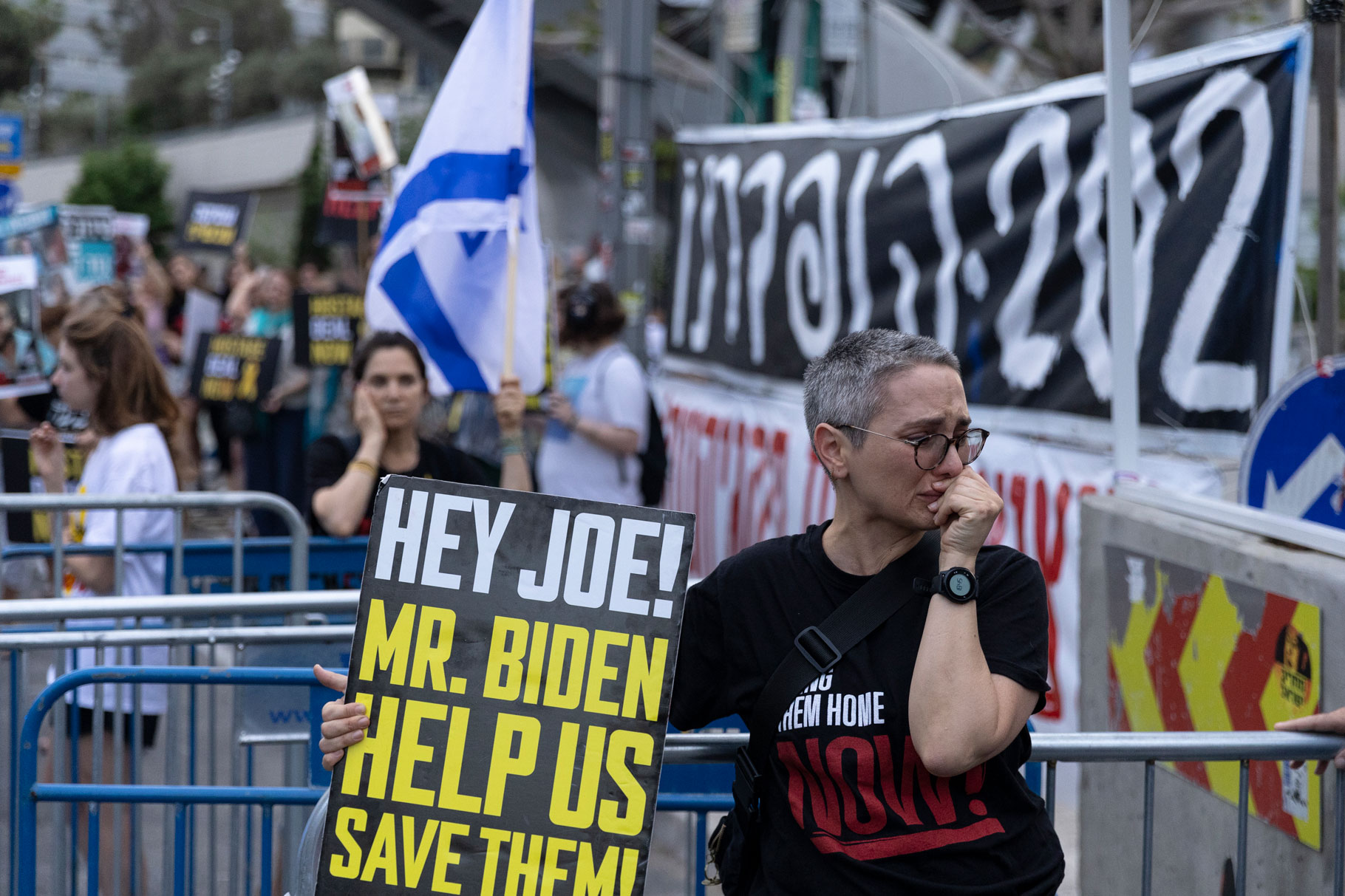Hosted by Kwangu Liwewe
Featuring Lisa Goldman
Produced by Finbar Anderson and Erin Brown
Listen to and follow The Lede
Apple Podcasts | Spotify | Podbean
New Lines Contributing Editor Lisa Goldman has spent much of her life living and working in Israel, but her most recent reporting trip revealed a side of the country she had not seen before. “It’s unprecedented,” she tells New Lines Africa Editor Kwangu Liwewe on Global Insights. “Israelis feel for the very first time that their army couldn’t protect them, it didn’t protect them. They had been living with a very strong sense of confidence that whatever happened, they were physically secure because they had such a well-trained army and a highly efficient intelligence system. And all of that broke down on Oct. 7.”
While Goldman has been following events in Israel closely since the Hamas attacks of October last year, it was very important to her that she visit her former home. “One of the things I’ve learned over the years is that the only way to really understand a story is on the ground,” she says. “What I saw in Israel, and also in Palestine, was a sense of fatalism. Everybody I spoke to seemed to be in a terrible state of nervous agitation.”
“I have a lot to think about in terms of how humans normalize the abnormal, how they live without hope, and how easily people can ignore extreme cruelty and violence.”

The vast majority of Israeli Jews continue to support Israel’s war in Gaza, Goldman says, “They’re heavily aided by the Israeli television news and newspapers, which simply doesn’t report anything at all about what’s happening to Palestinian civilians in Gaza. … It’s almost a wilful sort of desire not to know what’s happening to civilians in Gaza.”
Goldman acknowledges that her personal connection to Israel made the job of reporting, as well as personal meetings, more difficult. “I found that my only coping mechanism, both professionally and personally, was to say as little as possible, and to listen and try very, very hard not to judge or dehumanize people. And that is more difficult in this kind of situation than I can possibly describe.”


